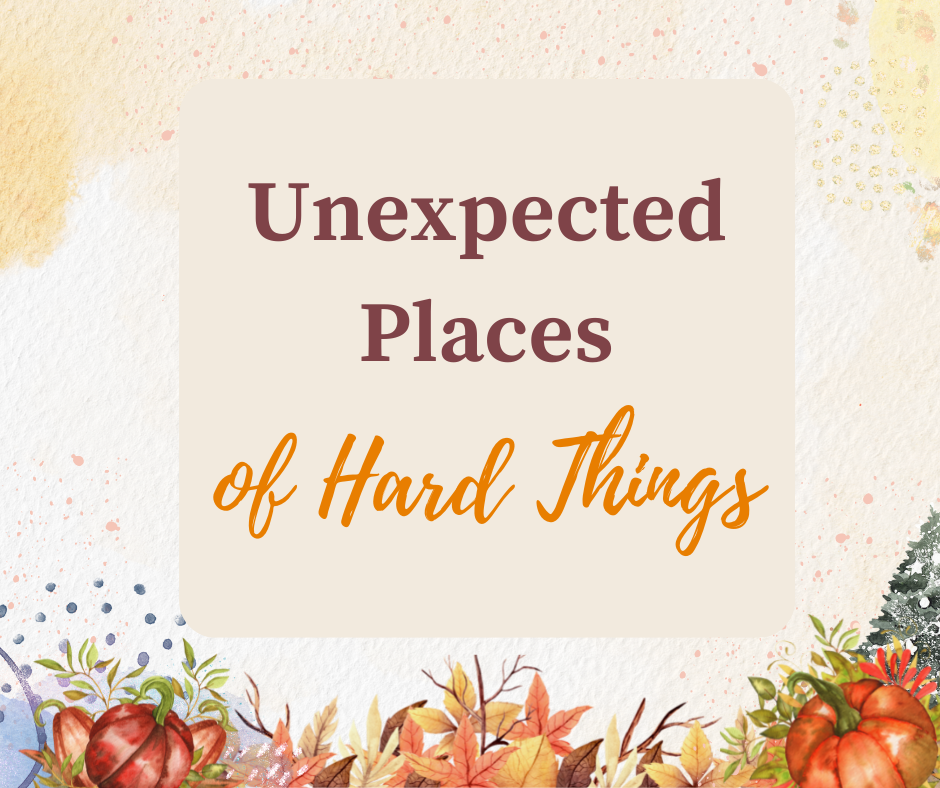Knowing Correct Punctuation Increases Our Confidence as Writers
Knowing punctuation rules increases our confidence as writers. If you have a few punctuation rules in your pocket, ones that you’ll use constantly, you’ll feel more assurance as you write.
I wrote a couple of posts on grammar rules we can break (click here and here), but when it comes to punctuation, we need to follow more rules than break. I may be biased about this, but I think correct punctuation increases readability and effective communication.
I’m putting on my teacher hat, so join me with your student hat!
Let’s start with the most common situation where a comma is needed: with a coordinating conjunction.
First, what’s a coordinating conjunction? Coordinating conjunctions consist of these seven words: for, and, nor, but, or, yet, so. (The acronym FANBOYS can help you remember these seven). Their purpose is to connect.
Let’s look at examples and identify the pattern of where a comma is needed with a coordinating conjunction.
Example:
My younger son will be home for Thanksgiving, but my older son has to stay at college to work. Correct punctuation
Let’s find the pattern. The coordinating conjunction in the above sentence, the word but, joins two main clauses.
Now don’t be scared of the word clause. A main clause is basically a sentence with a subject and verb. So it can stand alone as a sentence, or it can be joined with another main clause with a comma and a coordinating conjunction.
If we look at the above example, we find the subject son and a verb will be home. So the first main clause in the example is My younger son will be home for Thanksgiving.
That first clause is joined by a comma and a coordinating conjunction but to another clause.
The second clause in this example is my older son has to stay at college to work. It is a clause because it has a subject son and a verb has to stay.
We can write the pattern like this: S(subject) V(verb) , (comma) CC (any coordinating conjunction) S(subject) V (verb).
Let’s look at more examples. Test yourself to see if you can find the pattern and identify correct punctuation.
My doctor’s appointment is tomorrow, so I’ll have to go in late to work. Correct.
Fear can keep us from doing many things, but faith helps us conquer our fears. Correct
My brother is coming in to town to watch my performance in the play, but will miss my son’s basketball game. Wrong
Can you identify why this comma is not needed here? Find the pattern.
In the first clause the subject is brother and the verb is is coming. In the second clause following the coordinating conjunction but there’s no subject, and the verb is will miss.
Because the second clause in the sentence does not have a subject, no comma is needed.
Here’s another example of this pattern:
My dog will eat almost anything but will not eat grapes. Correct
The second clause does not have a subject. It only has a verb will not eat. Therefore, no comma is needed before the coordinating conjunction.
Test on Punctuation for Coordinating Conjunctions.
Correct or Wrong?
- We can go to the party, or we can just stay home.
- They hiked up the mountain quickly, but walked slowly coming down.
- Our whole family, including extended family, looks forward to our week of vacation at the beach but we are disappointed my sister and her family won’t be able to come.
- I am extremely busy, so I need to prioritize my projects.
(1. Correct 2. Wrong no comma 3. Wrong , but 4. Correct
Try to memorize a few common punctuation rules, such as this one. Also, keep a file or a notebook where you can refer to when you’re unsure.
If there’s a particular punctuation rule you want me to address, let me know!








Thanks for this. I’m so used to using a comma with every conjunction (Conjunction Junction, what’s your function?), not using it looks unnatural to me.
I hope you’ll do a post on serial commas! Google gives me conflicting results.
Ah…memories of Schoolhouse Rock! Yes, I’ll definitely do a post on serial commas! Good idea!
Thanks for the clear explanation, the examples, and the quiz. Great teaching!
I had a vague understanding of punctuation for coordinating conjunctions, but now I am more confident! : )
Thanks, Susan. I’m glad it helped!
Love this! I can now wrangle my commas to their proper place!
One punctuation rule I struggle to understand is the use of the semicolon. Is it similar to the comma rule you shared?
Hey Charla, I’ll post about semicolons too. But basically a semicolon joins two related sentences. For example:
The crow cawed, and the chickadee chattered.
The crow cawed; the chickadee chattered.
Note how you take out the comma and the coordinating conjunction to join with semicolon.
Thanks!
Oh boy! This took me back to sixth grade Language Arts class! Such a great reminder!
Thanks for stopping by! Yes, and for me that’s way, way back!
These are SO HELPFUL for my brain! Thank you so much!
Hi Amanda, Glad they helped! Good to see you here!